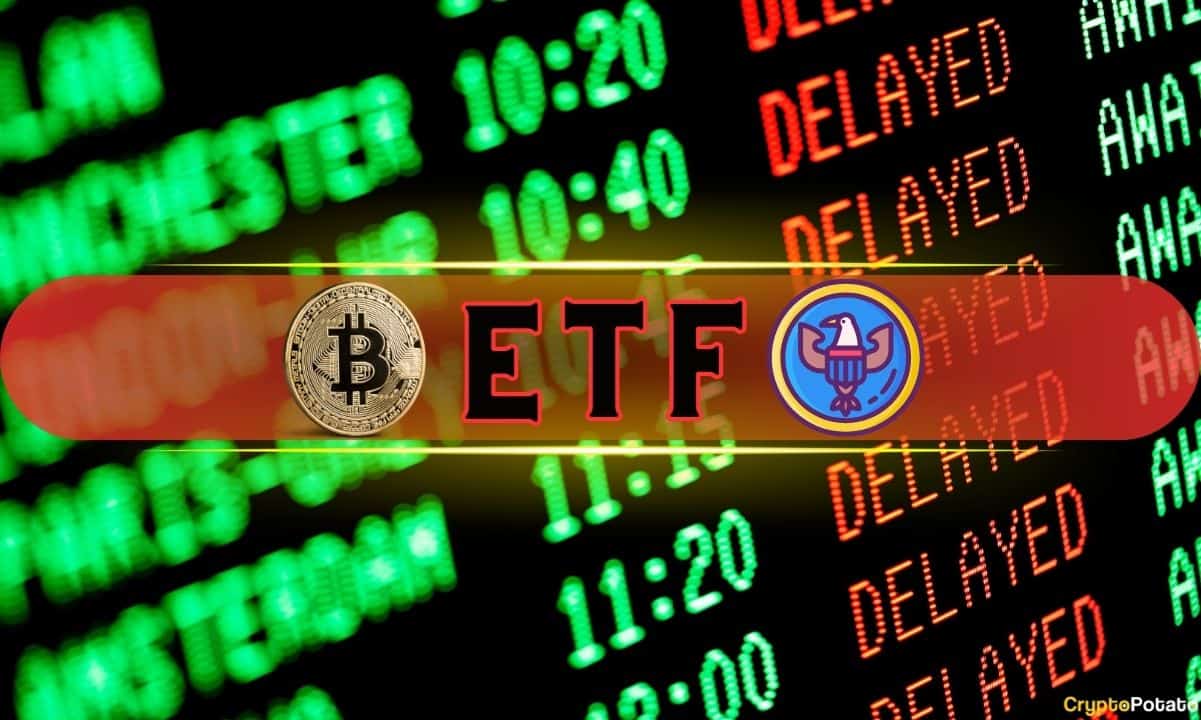Pavel Durov, the founder of Telegram and developer of The Open Network (TON), revealed in a recent interview that he believed he was poisoned in 2018. The incident allegedly occurred during a time of escalating tension between his messaging app and the Russian government.
During that period, Telegram refused a demand from Russia’s Federal Security Service for encryption keys, seeking access to messaging data. The country banned the messaging app soon after.
Sponsored
Sponsored
Pavel Durov’s Near-Fatal Collapse
In an interview on the Lex Fridman podcast, Durov revealed suffering a poisoning attempt during the spring of 2018. He explained that TON was trying to raise funds for a related project.
The alleged incident took place at a time when Durov was experiencing significant financial success. Telegram had completed two funding rounds, raising about $1.7 billion from key investors.
He described returning home one night to find something a “weird neighbor” had left around the door.
As Durov explained, Telegram’s refusal to provide encryption keys for messaging data to Russian security services led Russia to ban the app in April 2018.
Other high-profile incidents of alleged poisoning by Russian intelligence also marked that period. In March 2018, the British government accused Russian state actors of using a nerve agent on Sergei Skripal, a former Russian military intelligence officer who had served as a double agent for the UK.
Sponsored
Sponsored
Durov said it wasn’t the first time state actors pressured him over Telegram’s operations.
Durov Accuses French Intelligence of Blackmail
Earlier this week, Durov made a social media post regarding recent elections in Moldova. He claimed that French authorities had pressured him to ban pro-Russian channels on Telegram a year earlier.
The European Union and Russia allegedly carried out continuous efforts to exert influence over Moldova’s election concerning whether the nation should pursue EU membership or establish closer ties with Russia.
Investigators recently uncovered a pro-Russian campaign that used cryptocurrency to finance various activities, including supporting candidates, activists, and polling operations.
Durov, however, claimed that French officials attempted to influence Moldova’s elections by pressuring him to ban pro-Russian Telegram channels connected to the vote. According to his account, the French authorities suggested that assisting them would result in their providing a favorable statement to the French judge who had ordered his arrest in August 2024.
Despite Durov’s claims, they have not yet been substantiated with concrete evidence.
Source: https://beincrypto.com/telegram-founder-pavel-durov-poisoning-russian-controversy/


